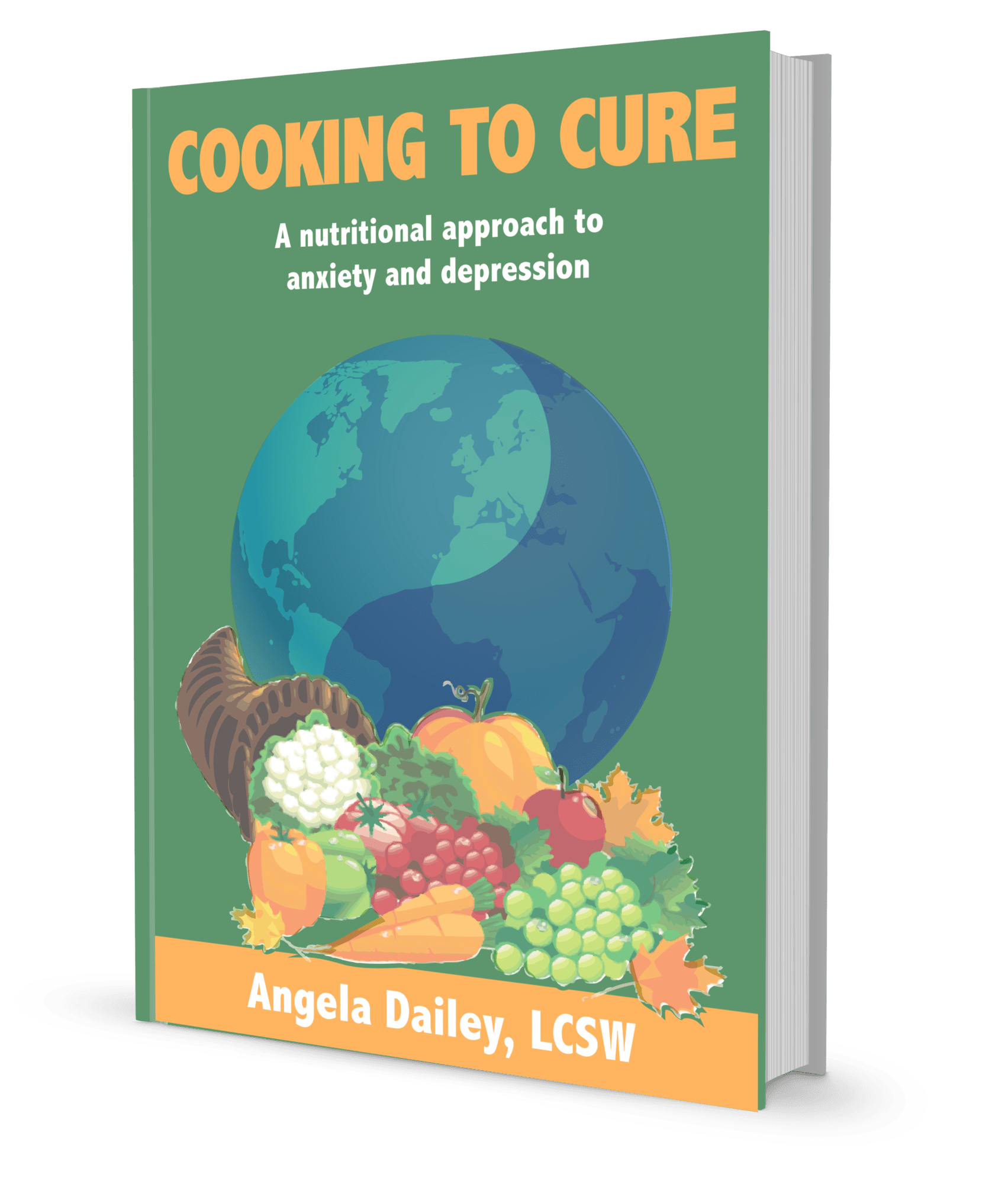STUFFED ACORN SQUASH
This delectable side dish may easily be mistaken for dessert! Stuffed with apples, dried cranberries, cinnamon, maple syrup and topped with pecans, this dish is not only delicious but is also high in magnesium, potassium, and vitamin B6 – making this a good anti-anxiety and anti-depression food!













Recent Comments